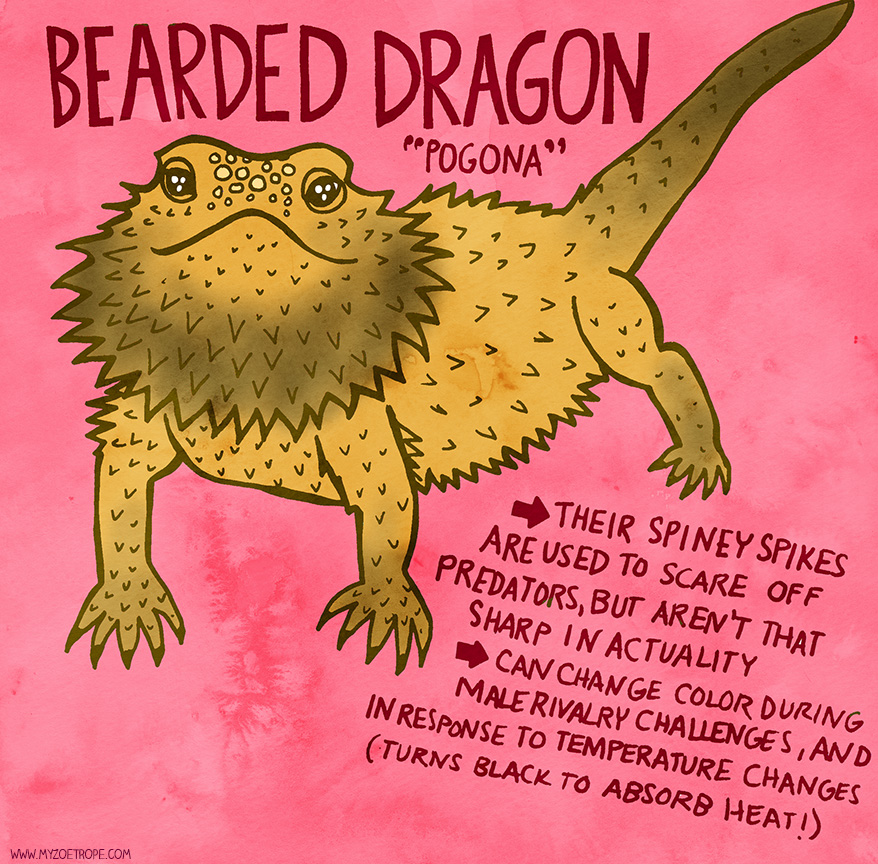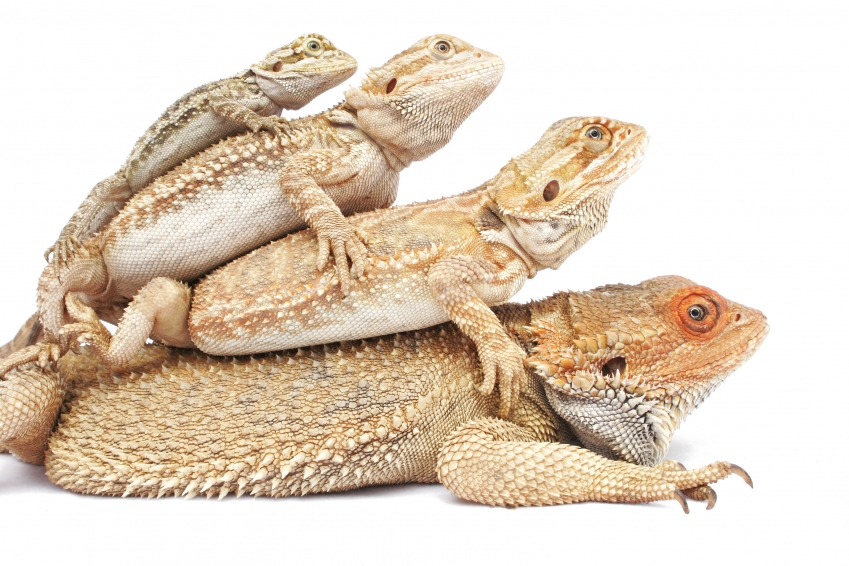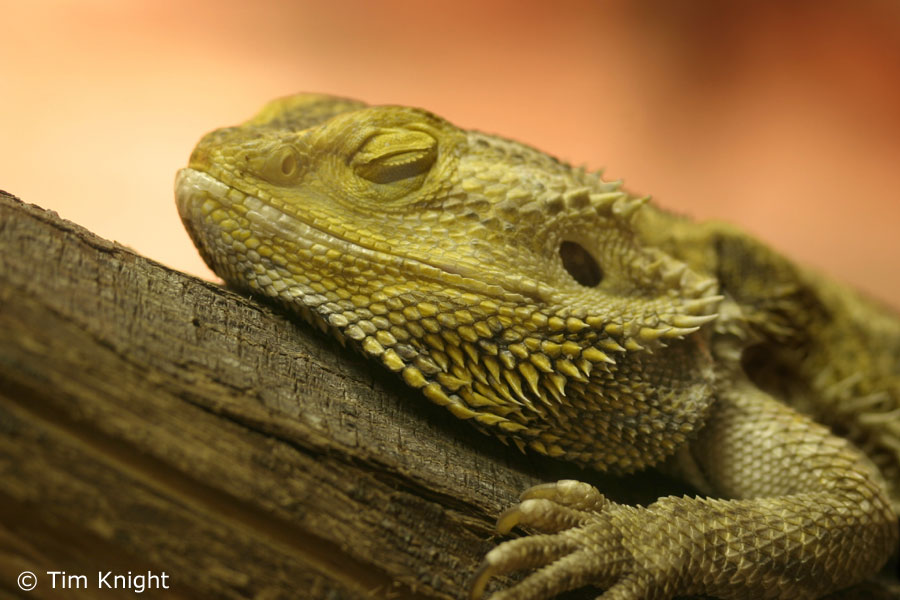Why Is My Bearded Dragon Muscle Twitching? A Comprehensive Guide for Beginners
Why Do Bearded Dragons Experience Muscle Twitching?

Bearded dragons are incredibly fascinating pets to have. With their unique appearance and endearing personalities, it’s easy to see why these reptiles have become popular among pet owners. However, like all animals, they experience health problems from time to time.
One common issue that many bearded dragon owners face is muscle twitching. This can be concerning for owners who may not know what’s causing it or how to treat it. In this guide, we’ll explore the reasons why bearded dragons experience muscle twitching and what you can do about it.
Causes of Muscle Twitching in Bearded Dragons

Muscle twitching in bearded dragons may be caused by a variety of factors. Here are some of the most common:
- Stress
- Dehydration
- Low calcium levels
- Metabolic bone disease
- Injury
- Infection
- Neurological issues
Stress

Bearded dragons are sensitive animals and can become stressed easily. Muscle twitching is a common symptom of stress in bearded dragons. Stress can be caused by many things, including:
- Inadequate living conditions
- Handling too often
- Loud noises
- New or unfamiliar surroundings
- Feeling threatened
If you suspect that your bearded dragon’s muscle twitching is caused by stress, it’s important to identify the source of the stress and eliminate it if possible. You may also want to create a more comfortable and secure environment for your pet.
Dehydration

Dehydration is another common cause of muscle twitching in bearded dragons. These reptiles require a specific balance of water and electrolytes to maintain optimal health. When they become dehydrated, it can cause muscle contractions and spasms.
To prevent dehydration, make sure your bearded dragon has access to clean drinking water at all times. You may also want to mist their enclosure with water to increase humidity levels. Additionally, feeding your pet a diet that contains watery vegetables and fruits can help keep them hydrated.
Low Calcium Levels and Metabolic Bone Disease

Low calcium levels and metabolic bone disease are also common causes of muscle twitching in bearded dragons. These conditions occur when a bearded dragon doesn’t have enough calcium in their diet. The lack of calcium causes their bones to weaken and become brittle, which can lead to muscle twitching and spasms.
To prevent low calcium levels and metabolic bone disease, it’s important to provide your bearded dragon with a healthy, balanced diet that includes calcium-rich foods. You may also want to provide a calcium supplement to ensure your pet is getting enough of this essential mineral.
Injury, Infection, and Neurological Issues

Muscle twitching can also be caused by injury, infection, and neurological issues. If your bearded dragon has sustained an injury, it’s important to seek veterinary care immediately. Similarly, if your pet shows signs of an infection or neurological issue, it’s essential to get them the care they need.
What to Do When Your Bearded Dragon is Muscle Twitching
If you notice that your bearded dragon is experiencing muscle twitching, the first step is to evaluate their living conditions and make sure they are getting the proper diet and hydration. If you suspect that your pet is stressed, make sure to eliminate any potential stressors and provide a more comfortable environment.
If your bearded dragon’s muscle twitching persists or is accompanied by other symptoms, it’s important to seek veterinary care. A veterinarian will be able to diagnose the underlying issue and provide the necessary treatment.
Conclusion

In conclusion, muscle twitching can be a common health issue for bearded dragons. However, with proper care and attention, it can be prevented and treated. If you notice your pet experiencing muscle twitching, be sure to evaluate their living conditions and provide proper hydration and nutrition. If the issue persists or is accompanied by other symptoms, seek veterinary care to ensure your pet’s health and well-being.
